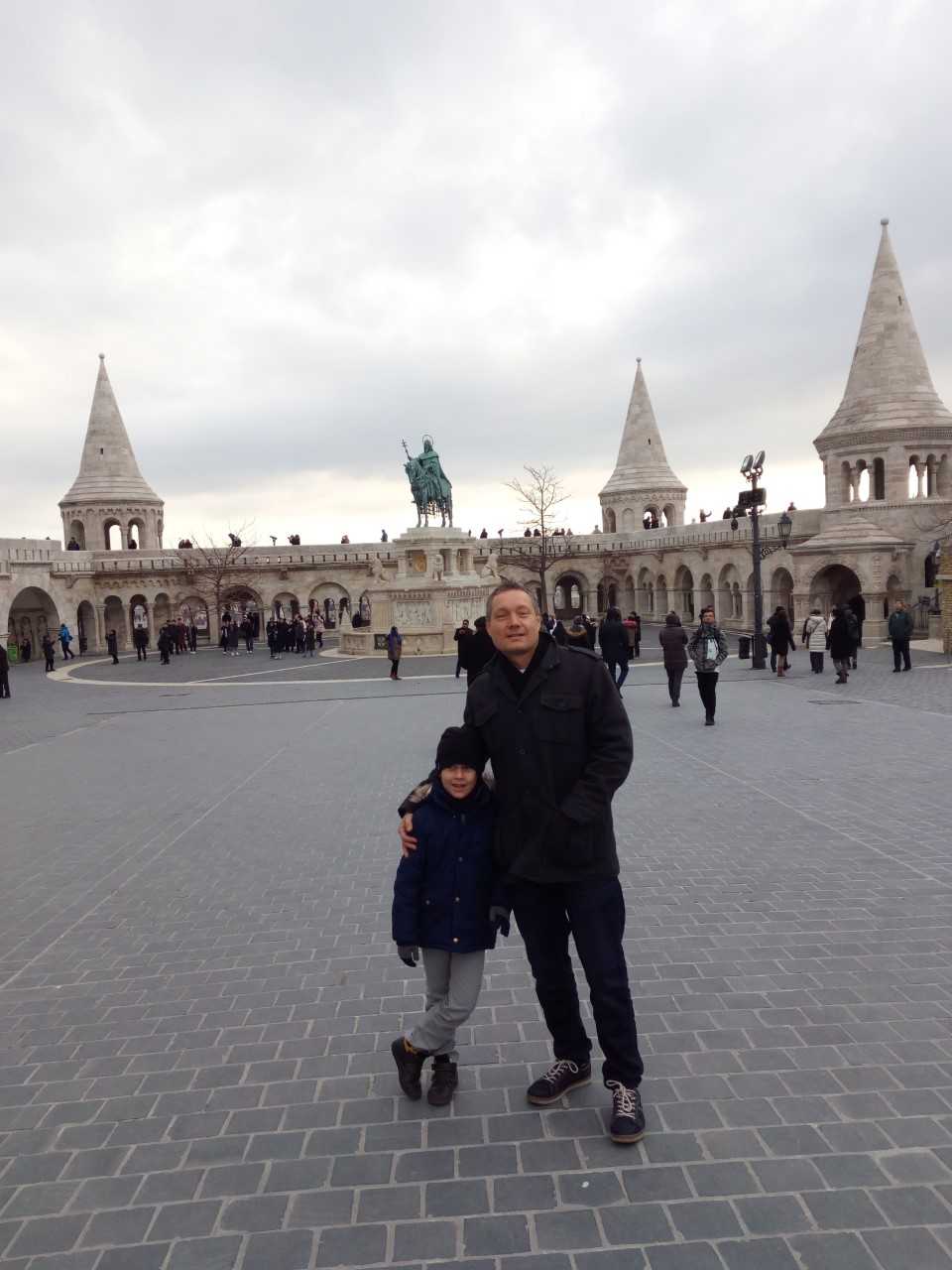I have worked at the school for four years, and in that time I have had five or six different native English-speaking instructor colleagues. Most tend to be American expats and very few tend to stay on the job more than a year or two. This past September, I had two new American colleagues, a man and a woman, both in their thirties. I happened to meet them for the first time in the hall outside the lecture hall just before the orientation started. We cordially introduced ourselves to each other. They struck me as friendly and enthusiastic, and after a few minutes of small talk, we entered the lecture hall together and took seats near the front of the room.
The American woman sat down next to me and continued her small talk to fill the time before the orientation began. She is an attractive, stylish woman, my female colleague, and her speech is crisp and articulate. I pegged her as a native Californian that day, but I could have that wrong. She informed she had a full-time instructor job in Vienna, and had previously spent a number of years in Prague. When she discovered I lived in Hungary, she asked a few questions about the country and what it is like to live there.
“It’s quite pleasant,” I replied, purposefully keeping my answers as general as possible to avoid having to wade into any long-winded descriptions and elaborations.
“That’s surprising to hear,” she said incredulously. “I read an article last week that said the country was sliding toward a dictatorship.”
I chuckled and nodded. Her eyes narrowed, as if she were gauging my reaction to her declaration.
“Yeah, well, don’t believe everything you read in the papers,” I said lightly, ending the sentence with a small smile.
She opened her mouth to respond, but remained silent. It took me a couple of seconds to notice that she was no longer really looking at me, but was focused instead on something behind me on the far side of the room. A dismayed expression settled over her face. She tapped me on the elbow with her manicured left hand and then pointed briefly at the door.
“Oh my God!" she said, before I had a chance to turn my head. "What is that doing here?”
I finally turned around to see what that was, but the only thing I noticed was a small group of students chatting by the door.
Sensing I was not seeing what she wanted me to see, my new colleague added, “Above the door.”
The source of her discomfort was a richly-carved wooden crucifix, no more than forty centimeters in height, affixed to the ocean of whiteness above the entrance. I must admit, I was rather surprised to see it myself, but for me the surprise was rather pleasant.
“That shouldn’t be here,” she continued after thirty seconds had elapsed. Her tone was hushed, almost conspiratorial.
“It's a Catholic country,” I offered. “And I've heard the people around these parts are quite religious.”
“So?” she snapped, shooting down my explanation as soon as it hit the air. “That makes no difference. That belongs in a church, not here.”
I took a second to examine her face, which had become pallid under the fluorescent lights. There was no doubt about it. The sight of the cross genuinely offended her. But it was more than mere offense. Her eyes revealed faint traces of disgust. Unable to look at her anymore, I averted my gaze to the fold-out desk before me and pretended to be intrigued by the wood grain lines on its lacquered surface.
“I’m going to bring this up with the dean,” my colleague said after a moment had passed. “It's inappropriate.”
I kept looking at the flowing wood-grain lines. “Hey, can I ask you a question?” I said. I did not wait for her to respond as I turned back toward her. “Which god do you believe in?”
The query caught her off guard and her eyes revealed the whites she had encased within elegantly-drawn eyeliner frames.
“When you saw the cross above the door you said ‘Oh my God,’” I said flatly. “So what god do you believe in? You obviously don't believe in Him.”
She looked at me as if I had just uttered some obscene joke. I could sense that I had instantly become the most ridiculous person she had ever met. I might as well have asked her if she believed in the tooth fairy or the Easter bunny.
“I’m an atheist,” she replied matter-of-factly. Then with a tinge of flustered impatience, she added, “It’s just an expression, you know.”
“What is?”
“Oh my God.”
“Yes, of course."
I could think of nothing else to say. Luckily, my supervisor called for everyone’s attention and began the orientation. My new female colleague started taking notes; I spent most of the orientation examining the fine craftwork of the cross above the door.
I have seen my female colleague at the school a few times since then. We smile and courteously say hello, but she shows little interest in stopping to chat whenever we happen to bump into each other in the halls. I have not been in that big lecture hall since the orientation in September. Occasionally, I pause and wonder if the cross is still in there above the door.
Next time I’m at the school, I’ll make a point of checking.


 RSS Feed
RSS Feed

